Medieval “Lived Religion”
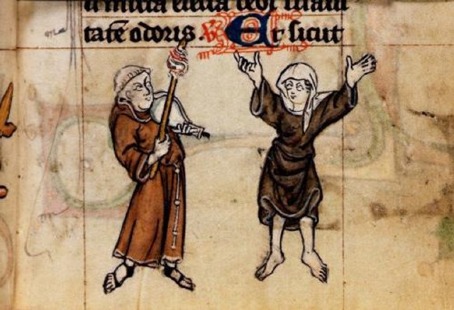
Recent approaches to the study of religion have used the term “lived religion” to foreground “ordinary people” over the “elite”. This approach has stressed practices, sites and material cultures over texts and doctrines, heteronormative spaces and sites over institutions, and experiences over doctrines.
With rare exceptions, however, “lived religion” has remained largely focussed on contemporary religious cultures, implying that in earlier religious communities that distinctions between “official” and “popular” were neat, and unambiguous. The picture is, of course, far more complex. Moreover, “lived religion” approaches might itself be critiqued for suggesting a too tidy distinction between text and material, practice and doctrine.
In this international interdisciplinary summer school you will be challenged by leading specialists dealing with textual and material sources of medieval religious cultures. You will be equipped to develop your own approach to the study of medieval religious cultures. The instructors, chosen from Groningen and internationally, will give masterclasses from their own fields of research (e.g. architecture, art, archaeology, music, liturgy, history, polemics), in an integrated programme that takes seriously the challenge of how to study of “lived religious cultures” of people of the past.
The school will be offered on site and hybridly.
This programme relates to:
Ma Heritage and Religion (1 year), see Heritage and Religion | Theology & Religious Studies | University of Groningen (rug.nl)
Ma Religion and Culture (two years), see Theologie & Religiewetenschappen - Research | Master en PhD opleidingen | Rijksuniversiteit Groningen (rug.nl)
Practical information
|
Dates
|
24 - 28 June, 2024
|
|
Location
|
Groningen, the Netherlands & online (hybrid)
|
|
Level
|
MA, PhD |
|
Fee
|
€ 250: for in-person participation (includes lunches, coffee, a dinner, and excursions) |
|
Academic coordinator
|
Dr. Andrew J. M. Irving
Dr. Mathilde van Dijk |
|
Contact |
Andrew Irving
medievalreligion@rug.nl |
Requirements
This summer school is designed for:
-
MA and ReMA students (Religious Studies, Medieval Studies, History, Art History, Cultural History, Architectural History, Archaeology, Music History, Manuscript Studies)
-
PhD students (Religious Studies, Medieval Studies, History, Art History, Cultural History, Architectural History, Archaeology, Music History, Manuscript Studies)
It is required to have a Bachelor in the humanities, preferably some study of sources from the European Middle Ages.
It is expected that the participants have a sufficient command of the English language to actively participate in the discussions and to present their own work in English.
Learning outcomes
After this course you will be able to:
-
identify challenges and approaches to medieval “lived religion” on the basis of examples from more than one discipline
-
situate medievalist research, especially their own, in current scholarly, societal and cultural debates
-
critically reflect on the uses of contemporary approaches to “lived religion” to the study of the Middle Ages and apply these creatively in their medievalist research
-
enrich their own research fields through active engagement with multi- and inter-disciplinary research on medieval religion
-
propose new avenues of research and critically assess (material and written) sources and scholarship in connection with their own research projects.
Workload
Preparation: 70 hours
Lectures: 23 hours
Presentation: 5 (+2?) hours
Paper: 40 hours
Upon successful completion of the programme, the Summer School offers a Certificate of Attendance that mentions the workload of 140 hours (28 hours corresponds to 1 ECTS). Students can apply for recognition of these credits to the relevant authorities in their home institutions, therefore the final decision on awarding credits is at the discretion of their home institutions. We will be happy to provide any necessary information that might be requested in addition to the certificate of attendance.
Introduction to lecturers
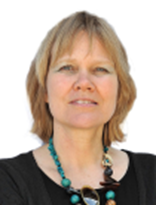
Dr Mathilde van Dijk (coordinator) is Lecturer in History of Christianity and Gender Studies, and Associate-Director of the Centre for Religion and Heritage at the University of Groningen. She is an expert in the history of late medieval reform movements and the appropriation of the medieval religious past in contemporary popular culture.
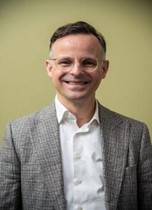
Dr Andrew J. M. Irving (coordinator) is Assistant Professor of Religion and Heritage and Director of the Centre for Religion and Heritage at the University of Groningen. His research centres on medieval liturgy, and in particular material aspects of liturgical manuscripts.
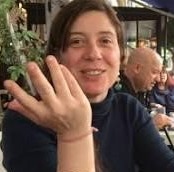
Dr. Elena Mucciarelli is Assistant Professor for Hinduism in the Sanskrit Tradition at the University of Groningen and an expert on textual studies, and theoretical approaches to performance and ritual, focusing on South Asia.Dr. Elena Mucciarelli is Assistant Professor for Hinduism in the Sanskrit Tradition at the University of Groningen and an expert on textual studies, and theoretical approaches to performance and ritual, focusing on South Asia.
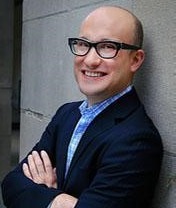
Dr. Daniel J. DiCenso is Associate Professor of Music at the College of the Holy Cross in Worcester, Massachusetts (USA). He specializes in the history of Gregorian chant during the eighth and ninth centuries.
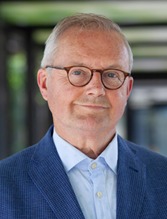
Prof. Dr. S. L. de Blaauw is Professor emeritus of Early Christian art and architecture at Radboud University (Nijmegen). His research centres on the development of early Christian architecture in particular in Rome and Italy, with a particular focus on the intersection between architectural developments and liturgy.
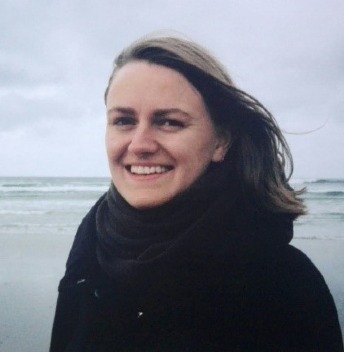
Fardau Mulder is a PhD candidate in Archaeology at the University of Groningen, whose research centres on medieval monasteries of the Netherlands. She studies the bandwidth of variety within the uniform monastic life, as manifested in the spatial and material dimensions of monasteries.
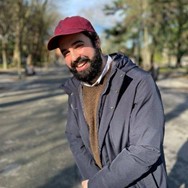
Dr Jesús Rodríguez Viejo is Assistant Professor of Art History at the University of Groningen. His research explores the visual and material cultures of Western Europe and the Mediterranean in the Early and High Middle Ages. His recent work investigates interactions between Christianity and Islam in the Iberian Peninsula and in Sicily.

Prof. Dr. Mónica Colominas Aparicio
Course schedule
Application procedure
To apply, kindly fill out the online application form. Please note that you will be asked to upload the following documents:
- Curriculum Vitae (max. 2 pages)
- Motivation letter, clearly stating why you want to join this summer school, what you will bring to the school and what you hope to learn (max. 1 page)
The deadline for application is 31 March 2024. Selected applicants will be informed by 5 April 2024.
